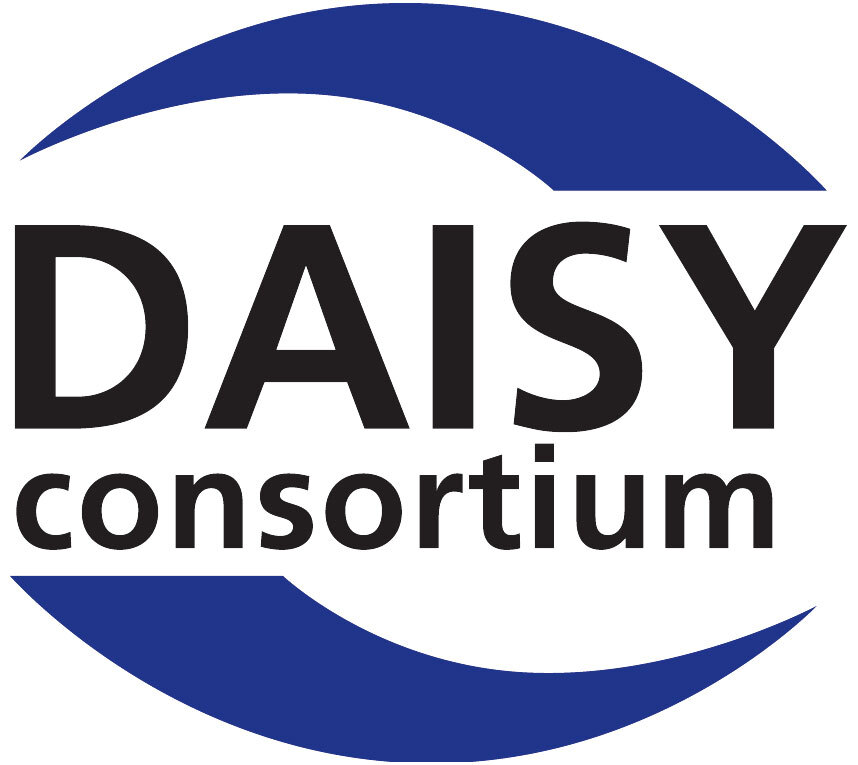The web is the universal publishing platform
Publishing is increasingly impacted by the Web, and Publishing increasingly impacts the Web. Topic of particular focus include typography and layout, accessibility, usability, portability, distribution, archiving, offline access, print on demand, and reliable cross referencing. And the diverse publishing community represented in the groups consist of the traditional "trade" publishers, ebook reading system manufacturers, but also publishers of audiobooks, scholarly journals or educational materials, library scientists or browser developers.
“The year of testing dangerously: The EPUB 3.3 story - Tech Forum 2022”, April 2022 (Wendy Reid and Dave Cramer)
The Working Groups
Working Groups are where formal W3C standards, called Recommendations, are developed and maintained. They have detailed charters spelling out the work they have agreed to do and the timeline for its completion. Participants, typically technical people, are from organizations that are regular members of W3C and that agree not to assert any patent claims on their contributions.
The EPUB 3 Working Group maintained the EPUB 3 family of specifications, and brought EPUB 3.3 to W3C Recommendation status. Important aspects of that work included restructuring and clarifying the specification and the development of a proper testing environment to improve reading system interoperability. Its charter explicitly required that EPUB 3.3 must be backwards-compatible with EPUB 3.2. As an important additional milestone, EPUB Accessibility 1.1 also reached Recommendation status. See the separate page on EPUB 3.3 for the list of all related publications, including the Recommendations as well as the various Working Group Notes that the Working Group published over the years.
The Audiobooks Working Group was chartered to maintain the Audiobooks and Publication Manifest Recommendations on which it is based, as well as fostering and advancing the standardization of audiobooks for the industry.
With the successful publication of the EPUB 3.3 Recommendation the EPUB 3 Working Group and the Audiobooks Working Group closed in June 2023. To replace them, the Publishing Maintenance Working Group has a mission to maintain all the Recommendations and Working Group Notes originally published by the EPUB 3 and the Audiobooks Working Groups. "Maintenance" means taking care of possible errata, maintaining the test suites of all the Recommendations, foster further adoption, and possibly develop the Working Group Notes further. No new features to the EPUB 3.3 Recommendation are planned at this time.
The Community Groups
Community Groups are where ideas are incubated in the W3C. They do not operate under the formal constraints of Working Groups. They are open to anybody, not requiring membership in the W3C or adhering to the patent policy required for Working Groups. Community Groups serve an essential role in trying out new ideas and demonstrating the need for a current or future Working Group to advance successful technologies with a proven need to Recommendation status.
The Publishing Community Group is the incubation zone for the Publishing Activity. It currently has task forces working on accessibility for fixed layout EPUBs and on developing comprehensive documentation for EPUB. New ideas about EPUB should be brought to the CG. Another Community Group is working on Synchronized Multimedia for Publications.
The Publishing Business Group
The Publishing Business Group is for people and organizations across the publishing spectrum to support the Publishing@w3C Activity by informing the Working Groups and Community Groups about needs and priorities, and by raising funds for the development of important resources like EPUBCheck. Its members are primarily from the business side of publishing-related organizations, rather than highly technical staff. Because membership in a Business Group does not include the ability to participate in Working Groups, the dues are less than those for a full membership in the W3C.
Other Related Work of Interest
In addition to the work of the Publishing@W3C Activity, people working in the publishing industry are also often interested in the work of other areas in the W3C, such as Cascading Style Sheets (CSS), the Web Accessibility Initiative, among others. Participation in Interest and Working Groups is open to Members of W3C.
Active groups
These groups work hand in hand to advance publishing on the web.
Publishing MaintenanceWorking group
PublishingBusiness group
The Publishing Business Group fosters ongoing participation by members of the publishing industry and overall publishing ecosystem in the development of the Web for publishing, and serves as a conduit for feedback between the publishing ecosystem and W3C. See the Publishing Business Group Charter for details.
The Business Group maintains a separate “Working” Web site, which includes documents, like information on meetings, index for meeting minutes, and other working documents. There is also a separate wiki for BG members. Finally, if necessary or convenient, Google Documents can also be used; these are collected in a separate Google Drive folder.
(The Working Web site’s content is actually served from a dedicated Github repository.)
Visit the Publishing Business GroupAccessibility Discoverability Vocabulary for Schema.orgCommunity group
EPUB 3Community group
PublishingCommunity group
Synchronized Multimedia for PublicationsCommunity group
Why join?
Since 1994, we have been leading the World Wide Web to its full potential by developing protocols and guidelines that ensure long-term growth of the web.
By joining these groups, you have the ability to discuss and drive the standards produced by W3C. The conversations occurring in the groups concern both current and future standards, constantly aiming to make the web a better place. You have the ability to take part in guiding the future of the web.
Our values revolve around building the web for all
The social value of the web is that it enables human communication, commerce, and opportunities to share knowledge. One of W3C's primary goals is to make these benefits available to all people, whatever their hardware, software, network infrastructure, native language, culture, geographical location, or physical or mental ability.
Recent activities in the Publishing community
Find out more via recent stories, news, workshops, talks or events.
-
Group Note: The EPUB Accessibility exemption property
The exemption property allows EPUB creators to indicate that an EPUB publication that does not meet accessibility conformance requirements has an exemption under the applicable jurisdiction's laws.
News
-
Working Group Note: EPUB Type to ARIA Role Authoring Guide 1.1
The EPUB 3 Working Group published EPUB Type to ARIA Role Authoring Guide 1.1 as a Working Group Note
News
W3C Members
34 member organizations are involved in the publishing ecosystem, including:
Need more information tailored to your organization?
Our Evangelists understand that every organization is different! Evangelists represent W3C in various locations and are an extension of W3C's Business Development Team. They are responsible for identifying and recruiting new W3C Members, running local events, promoting W3C Training and fostering Sponsorship.


